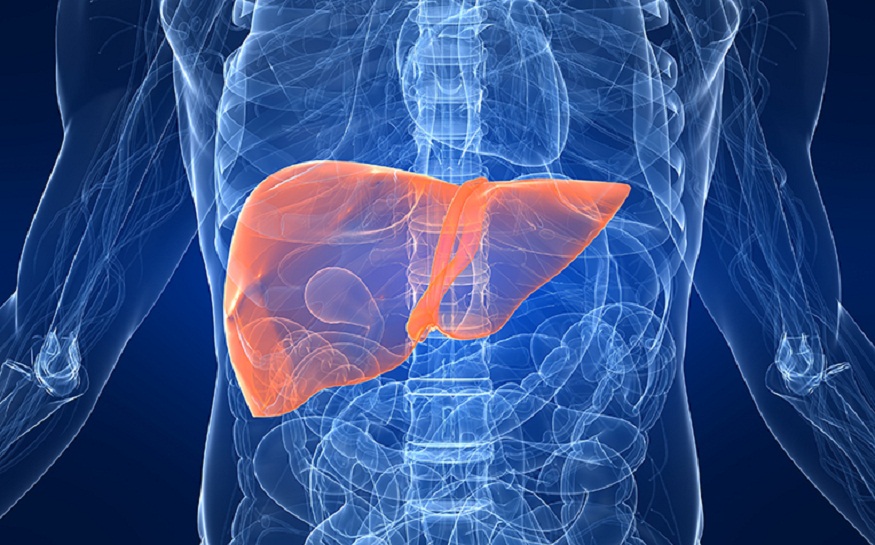Alcoholic Steatohepatitis (ASH) is a major illness related to the liver that comes about from the long-term overuse of alcohol. It represents the intersection of two significant health issues: associated with alcoholism and liver damage. ASH irreversibly damages the liver, which can culminate into liver failure in due course if neglected. In this article, we shall talk about alcoholic steatohepatitis.
The Basics of Alcoholic Steatohepatitis
ASH is known for the inflammation and destruction of the liver as a result of hepatotoxicity, the consequence of harmful components of the alcohol. It usually happens with people who have been abusing alcohol for years.
The liver, whenever it is burdened with the job of filtering toxins from the blood, will not rest at peace because the continual introduction of the toxic substance will never let it rest and this process leads to inflammation and injury.
Symptoms and Diagnosis:
ASH clinical symptoms may differ significantly, but abdominal pain, jaundice (yellowing of the skin and eyes), fatigue, and swelling in the abdomen in most cases can be recognized. Diagnosis usually involves a medical history, physical examinations, blood and urine tests to assess liver function, radiological studies, and procedures, and maybe a liver biopsy at the end.
Risk Factors:
While ASH is predominantly attributed to drinking habits, it does not mean that all heavy drinkers will be at risk of developing this disease. Other factors, the quantity and duration of alcohol consumption, hereditary predisposition, gender (in this case, women are generally at higher risk), and underlying liver condition play a major role.
Treatment and Management:
The ultimate ASH treatment aims to have a person not drink any alcohol and avoid coming back. It would be a very difficult task, yet a vital one because it will signal the start of the repair process and improve the outcome.
Besides this, medications to regulate the inflammation, control the complications, and stabilize the function of the liver will also be considered as another treatment option. In extraordinary circumstances, patients can undergo a liver transplant.




